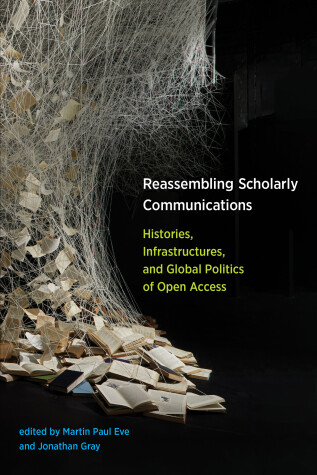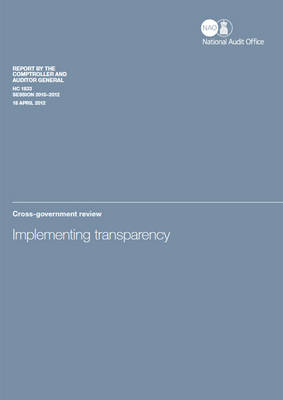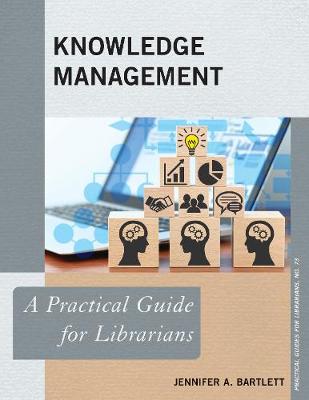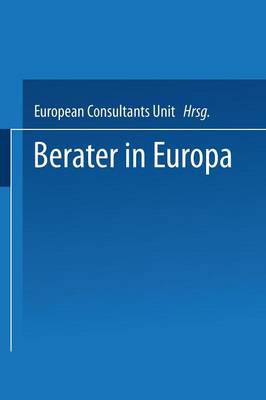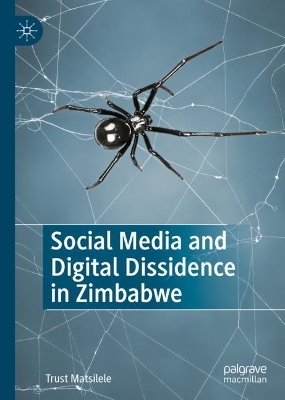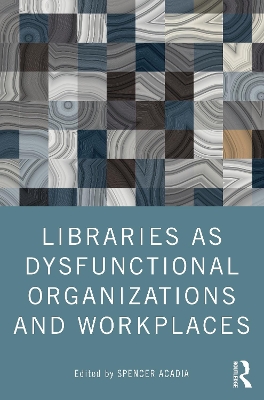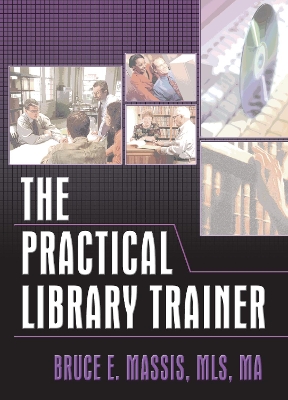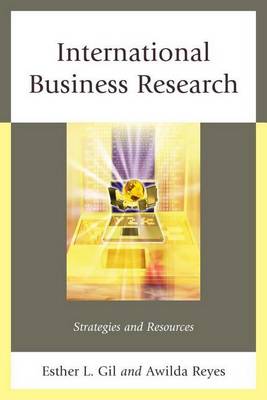A critical inquiry into the politics, practices, and infrastructures of open access and the reconfiguration of scholarly communication in digital societies.The Open Access Movement proposes to remove price and permission barriers for accessing peer-reviewed research work—to use the power of the internet to duplicate material at an infinitesimal cost-per-copy. In this volume, contributors show that open access does not exist in a technological or policy vacuum; there are complex social, political...
Implementing transparency (House of Commons Papers, 2010-12 1833)
Books, Libraries, Reading and Publishing in the Cold War
Stuttgart New Public Library (Die Neuen Architekturfuhrer, #176)
by Claudia Hildner
Advanced Topics in Information Resources Management, Volume 2 (Advances in Information Resources Management)
Annotation Advanced Topics in Information Resources Management features the latest research findings dealing with all aspects of information resources management, managerial and organizational applications, as well as implications of information technology organizations. It aims to be instrumental in the improvement and development of the theory and practice of information resources management, appealing to both practicing managers and academics.
Knowledge Management (Practical Guides for Librarians, #73)
by Jennifer A Bartlett
Archaologischer Anzeiger. Heft 2/1969 (Archaologischer Anzeiger, #2)
Digitale Rekonstruktionen Mittelalterlicher Bibliotheken (Trierer Beitrage Zu Den Historischen Kulturwissenschaften, #12)
Tfuhrer Durch Die Sammlung Des Kunstgewerbe-Museums (Koenigliche Museen Zu Berlin)
This book proposes a new theorisation when studying cyber dissidents in an African digital sphere. It argues that social media dissidents are a recent development in a long lineage of dissidents in African societies. Using Zimbabwe as a case study, the study locates contemporary dissidents in the same family with other historical dissident figures found in African orature, the Chimurenga wars, through music, poetry and other forms of expression. The book argues against techno-deterministic appro...
Skilled Enough To Become a Librarian Crazy Enough To Love It
by Deliles Gifts
The National Conference on Legal Information Issues (AALL publications, #51)
by Timothy L Coggins
Student Cheating and Plagiarism in the Internet Era
by Kathleen Foss and Ann Lathrop
The Internet, high-tech calculators, and other technological advances have made student cheating easier and more common than ever before. This book helps you put a stop to high-tech and more traditional low-tech forms of cheating and plagiarism. Learn to recognize the danger signs for cheating and how to identify material that has been copied. Sample policies for developing academic integrity, reproducible lessons for students and faculty, and lists of helpful online and print resources are just...
Libraries as Dysfunctional Organizations and Workplaces
Libraries as Dysfunctional Organizations and Workplaces expands the ‘dysfunctional’ concept in the professional and academic LIS discourse by exposing the internal problematics of libraries, especially at the social and organizational level. Including contributions written by LIS professionals and scholars, the book demonstrates that although many libraries do well at attending to users and managing external information they often fail at taking care of their own employees and addressing intern...
Guide to the Use of Libraries and Information Sources
by Jean Key Gates
Develop a library staff training program that really works! To stay on top of the lightning-fast changes in the library field and provide your patrons with the best service possible, you need to establish and sustain an effective program for training your staff. The Practical Library Trainer examines the concept of the library as a learning place for patrons and staff, offering a comprehensive view of training from an administrator's perspective. Bruce E. Massis, author of The Practical Library...
Documentary Languages and Databases (Advances in Knowledge Organization S., v. 3.)
